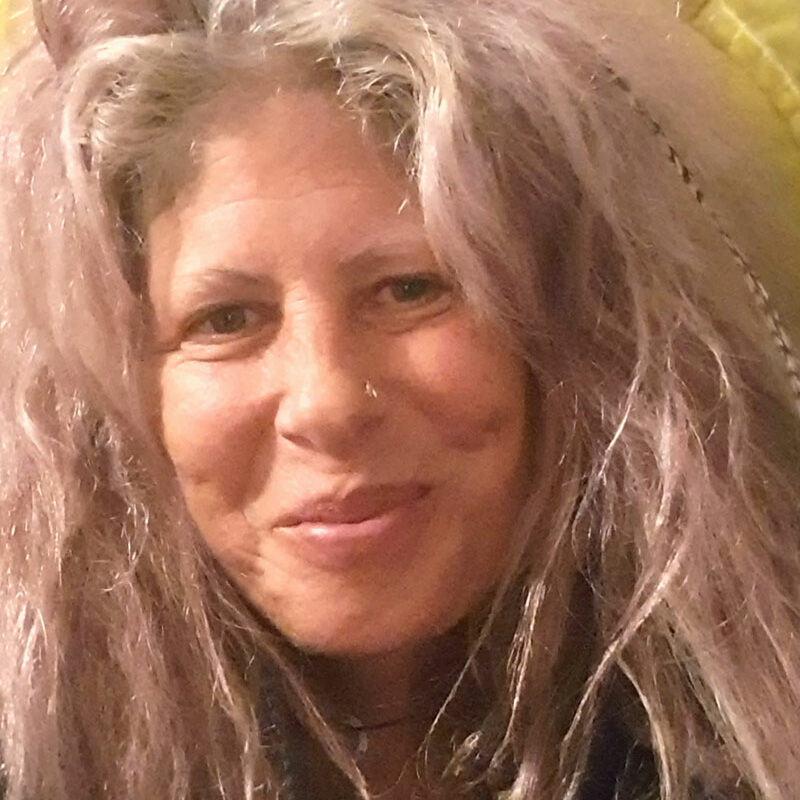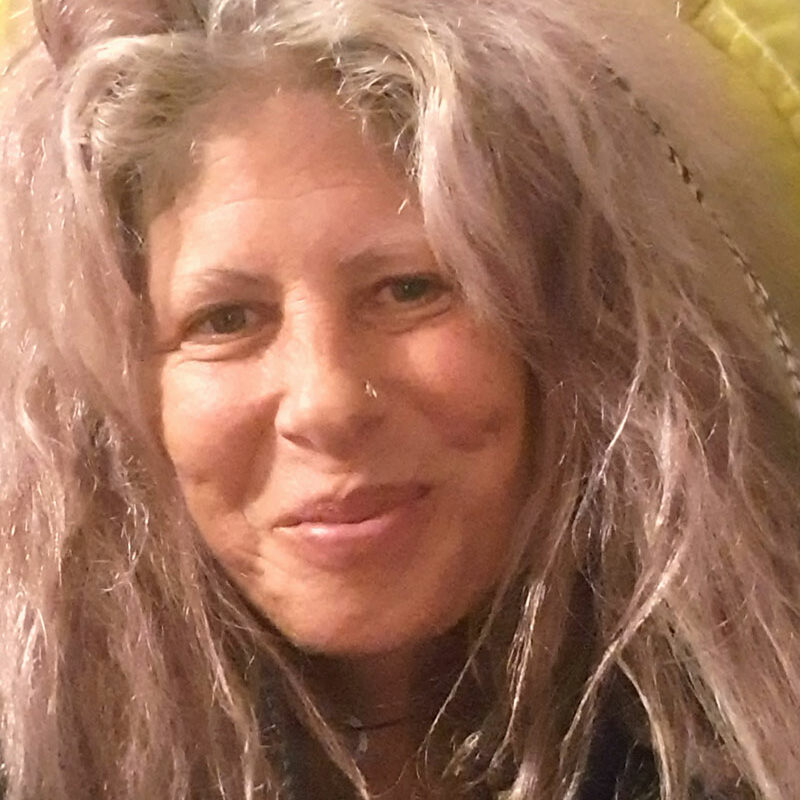A deep, creative and transformative process, which supports you through your holistic awakening journey and individual personal health revolution
Talking About Couples Counselling
Talking About Couples Counselling
‘Talking About Couples Counselling’ by Nigel Summerley and Rowena J Ronson
RJR: I am enjoying, more and more, my work with couples and their relationships. I am finding that there is far less stigma about going to see a therapist to maintain healthy communication, on all levels, than there was in the past. So much can be gained by investing the time and energy with a loving and objective counsellor, who can hold the space for a couple to work through their differences and rediscover their strengths.
NS: But doesn’t the success of couples therapy depend on both partners in the relationship wanting equally to work through things? If there is an imbalance, as there so often is, can counselling succeed?
RJR: It is better if both members of a couple are invested in wanting something from the counselling, and it might be that they want to work towards a conscious uncoupling. But therapy can still work if one person is more invested than the other, if the sessions are handled fairly and honestly.
NS: If one is more invested than the other, how do you go about being fair to both parties?
RJR: By just holding the space, being present, and working with what is in the room and most of it is very subtle. I check in with both people at the start of a session and ask what each want to work with that day. They have often discussed what they want to bring before the session, and then we work with it and what develops from it too. They introduce what is going on for them and they know not to interrupt each other, and to truly listen. I often work with Gestalt chair work, so once they have heard each other, I ask them to swap chairs and address each other from the other’s perspective – they role play each other – and the insights come from that.
NS: Does the role play put some couples off? Do some use it in a negative way – to ‘attack’ their partner? And does the therapist wonder in some instances: what on earth are these two people doing together?
RJR: The concept of role play can make people feel uneasy – just thinking about it! But once they try it, they can really see the benefits. I hold the process carefully, in and outside of role play, so attacking is never encouraged, as it doesn’t achieve anything positive. The whole environment in the sessions is about connection, truly listening to each other and gaining different insights and perspectives. It is team work – all three of us. Your last question is an interesting one! I would like to think I do not bring those judgments into the room. There is always a reason why two people get together, and the essence of that is always there, even if it becomes really well concealed! We are all human beings who are capable of love, communication and compassion. There is always something to be gained from couples counselling.
NS: There must, presumably, be some couplings that were a mistake right from the start; and maybe that fact can also become concealed or buried. But if there are real reasons why people get together, how do the people concerned lose sight of those reasons? And how do you help them to see them again? Or do they, or you, have to find new and more relevant reasons for their being together?
RJR: Well I would question the idea of mistakes. My belief is that life is all about learning, and through our relationships we learn a great deal. I married young and was only in relationship with my husband for seven years. We were both very immature and unskilled and couples counseling, at the end of our marriage, gave us both clarity that we were not destined to spend the rest of our lives together. But we did have two fabulous boys to show for our union, and I have never viewed our relationship as a mistake. I do think that if there is compatibility and love, even if one or both members of a couple lose sight of that, it can be recaptured in counselling. I provide a safe space where each person can be heard and the relationship can be natured and hopefully rekindled. We can do that in many ways, including bringing into the light what each appreciates about the other. What do you mean by new and relevant reasons?
NS: Maybe we could agree that we learn from what happens. You’re saying there are no mistakes – only what happens. And I’m more or less persuaded on this now. But presumably it could be a “mistake” for two people who could have a positive and fulfilling relationship to throw it away? By “new and relevant reasons”, I meant that perhaps the factors that brought two people together in the first place may no longer apply, but there may be now different but equally compelling factors that could bind them together.
RJR: I would prefer not to view relationships that come to an end as being ‘thrown away.’ It feels a very negative way to view the ending of a relationship that is causing more harm than good to those involved. I am interested to know what ‘equally compelling factors’ you are referring to and I am interested too in your expression ‘bind them together.’
NS: I think it’s sometimes good to be negative. We give being negative a negative connotation, but in fact that can be a peculiar way of thinking. If someone gives up heroin, we don’t see that as being negative – but of course, it is. To end a destructive relationship, which has taught you nothing but that it was a disaster from the beginning … is not dissimilar. So let’s hear it for being negative and walking away … and not looking back in any way. The compelling factors I was referring to could be that the two people concerned have both changed and/or their world has changed … but they may find they have something new in terms of commonality and love that wasn’t there at the beginning. ‘Being bound together’ is perhaps an unfortunate choice of phrase, but I mean there could be something that makes them feel they want to still be committed to each other.
RJR: I like what you say about giving negative a negative connotation. I had not thought about that way. Bring on the shadow! I think it is good to end destructive relationships – be it romantic or otherwise. But I always think there is something we must have learned. ‘Not looking back in any way’ sounds extreme – and I am not sure how useful. I suspect we have all observed friends moving on swiftly from one relationship to another (and even get married again), only for them to come across the same issue, just dressed slightly differently. If they had taken space in between and reflected on their previous relationship, and what they learned, perhaps they would have made different choices the next time. And I am sure you know my response to your final question. If two people feel like they want to stay together, for whatever reason, the reason does not matter at all.
NS: I guess something that we definitely take from one relationship to the next is ourselves. And if we don’t change, then the relationship problems are likely to be similar. Perhaps pre-coupling singles counselling might be a good idea? Alone or together, it seems that we have to be prepared to observe, understand and change.
RJR: I completely agree with you 🙂 Now what do our readers think? Feedback and contributions welcome!

Rowena J Ronson
Rowena J Ronson Shape-Shifter Intuitive Natural Medicine Healer Homeopath Counsellor Functional Medicine Individuals, Relationships & Families For You

